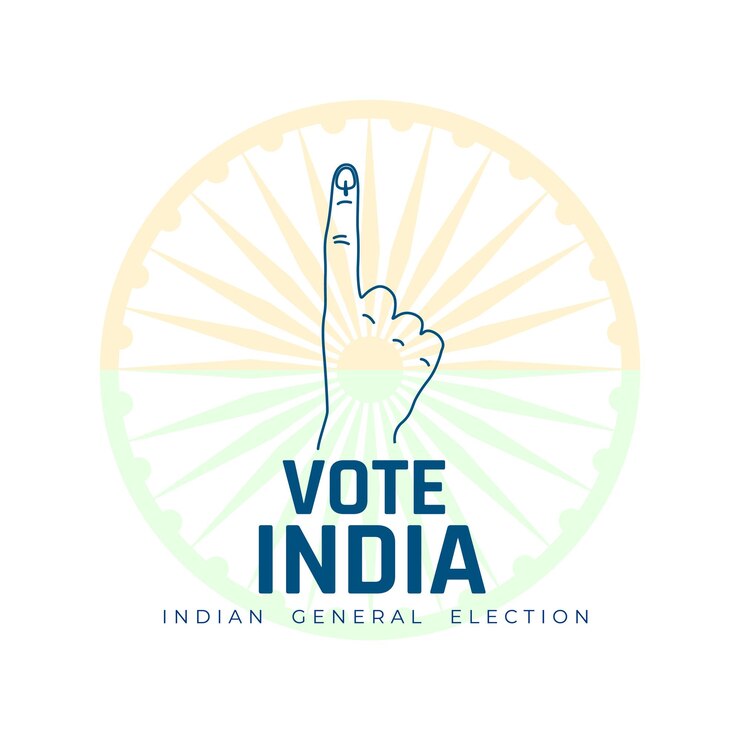In an ideal democracy, politics should be the arena where ideas compete on their merit, where the best proposals rise to the top, and where the will of the people is paramount. Unfortunately, in reality, politics often operates under the heavy influence of money. Funding plays a significant role in shaping political landscapes, determining which ideas get attention and which ones wither away. While there are numerous ideas for reforming political funding, implementation often faces significant hurdles, leaving the system stagnant and entrenched.
The Current Landscape
In many countries, political campaigns are fueled by donations from individuals, corporations, and interest groups. This system, while ostensibly democratic, often results in the undue influence of wealthy donors and special interests. Candidates and parties rely on these donations to fund their campaigns, from advertising to organizing rallies. As a result, those with deep pockets often have a disproportionate say in the political process, drowning out the voices of ordinary citizens.
The Problems
Inequality of Influence: When a handful of wealthy donors can contribute vast sums to political campaigns, the voices of ordinary citizens are overshadowed. This creates a system where politicians are more likely to cater to the interests of their big donors rather than the needs of the broader populace.
Lack of Transparency: Dark money, or funds donated to political campaigns without full disclosure of the source, further exacerbates the problem of transparency in political funding. Citizens are left in the dark about who is financing their politicians, making it difficult to hold them accountable.
Corruption Risk: The influx of money into politics also increases the risk of corruption. Politicians may feel indebted to their donors, leading to decisions that prioritize special interests over the public good.

Proposed Solutions
Public Financing: One proposed solution is to establish public financing systems for political campaigns. Under this model, candidates receive government funds to run their campaigns, reducing their reliance on private donations. This can help level the playing field and diminish the influence of wealthy donors.
Campaign Finance Reform: Implementing strict limits on campaign contributions and expenditures can help mitigate the influence of money in politics. Additionally, increasing transparency requirements, such as mandating the disclosure of all political donations, can help ensure accountability.
Small-Dollar Donor Programs: Encouraging grassroots donations from ordinary citizens through matching funds or tax incentives can empower individuals and dilute the influence of big donors.
Corporate and Special Interest Regulation: Tighter regulations on corporate and special interest donations, including banning certain types of contributions altogether, can help prevent undue influence in the political process.
Challenges to Implementation
Despite the multitude of proposed solutions, implementing meaningful reform in political funding faces numerous challenges:
Political Resistance: Incumbent politicians, who often benefit from the current system, may be reluctant to enact reforms that could weaken their advantage.
Legal Barriers: Constitutional concerns and legal challenges can hinder the implementation of certain reforms, particularly those related to campaign finance limits and public financing.
Lobbying Power: Powerful interest groups and lobbyists may actively oppose reform efforts that threaten their influence in the political process.
Conclusion
The influence of money in politics is a pervasive issue that undermines the core principles of democracy. While there are many ideas for reforming political funding, from public financing to stricter regulations, implementing these changes remains a significant challenge. Addressing the systemic inequalities and corruption inherent in the current system requires sustained effort, political will, and a commitment to upholding the integrity of democratic governance. Until then, the voices of ordinary citizens will continue to be drowned out by the din of big money in politics, leaving many promising ideas with no takers.